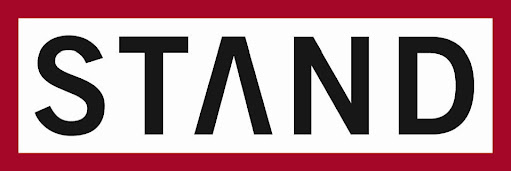Executive Summary
Canadian Politics and Darfur: The confluence of American President Barack Obama's inauguration and the return of Canadian parliament may create new opportunities for Canadian action on the Darfur crisis.
Security in Darfur: Tensions in Sudan are growing as the possibility of an arrest warrant from the International Criminal Court (ICC) against the President of Sudan, Omar al-Bashir, looms on the horizon. The last two weeks of January saw an upswing in violence as rebel groups in Darfur jostled with each other and government forces for land and power. The Government of Sudan (GoS) broke the unilateral ceasefire it announced in November by bombing positions of the Justice and Equality Movement (JEM), the largest rebel movement in Darfur. Meanwhile, the joint United Nations-African Union peacekeeping force (UNAMID) continues to try to make a difference but remains overstretched and ill-equipped.
Negotiations and Engagement in Darfur: The International Criminal Court (ICC) continued to examine the evidence against Sudanese President Omar al-Bashir to determine whether or not a warrant should be issued for his arrest. While China maintained its support for the Government of Sudan (GoS), the new American administration made a number of strong statements on the crisis in Darfur. The Qatar-based Arab-African Committee on Darfur, whose main function is to discuss Arab-African action to restore peace in Darfur, finally met after a number of delays. An increase in rebel factions over the past year and new friction between rebel groups is stalling the peace process.
The Humanitarian Situation in Darfur: The resiliency of the aid community in Darfur is apparent as they continue to plan long-term operations in the face of uncertainty. If an arrest warrant is issued for Sudan's President, a backlash restricting access to the United Nations mission and to humanitarian relief work could be damaging for Darfur's civilians. Tension is mounting in the country as the UN makes contingency plans. Sudan's government has sent a team of traditional leaders from Darfur to address the International Criminal Court in favour of Omar al-Bashir. Yet aid work continues as NGOs begin to plan in advance of the rainy season.
Policy Recommendations
1. Build on Canada's recent commitments to Darfur by appointing a Special Envoy to the region. A Special Envoy could strengthen Canadian policymaking on Darfur in three key ways: 1) providing the world with a public face for Canada's efforts on Darfur, 2) providing a presence on the ground in Sudan, and 3) coordinating an integrated "all of Sudan" approach to Canadian peacebuilding. Specifically, a Special Envoy could play a key role in assisting efforts of the Darfuri rebel groups to form a unified and coherent bargaining position, a critical success factor for renewed negotiations.
2. Form an all-party parliamentary special committee on Darfur whose goal it will be to determine viable actions for the Canadian government to undertake to lead in ending the crisis in Darfur. The committee should 1) exist for a specified period of time, 2) travel to Sudan to collect facts, 3) be fully resourced by the Canadian government and 4) have equal party representation.
3. Engage more actively with the Obama administration to identify new opportunities for collaboration and cooperation on Darfur.
4. Engage more actively in multilateral diplomacy at the UN to bring renewed prominence to the Darfur issue internationally and rally greater international support for conflict resolution efforts.
.jpg)



No comments:
Post a Comment